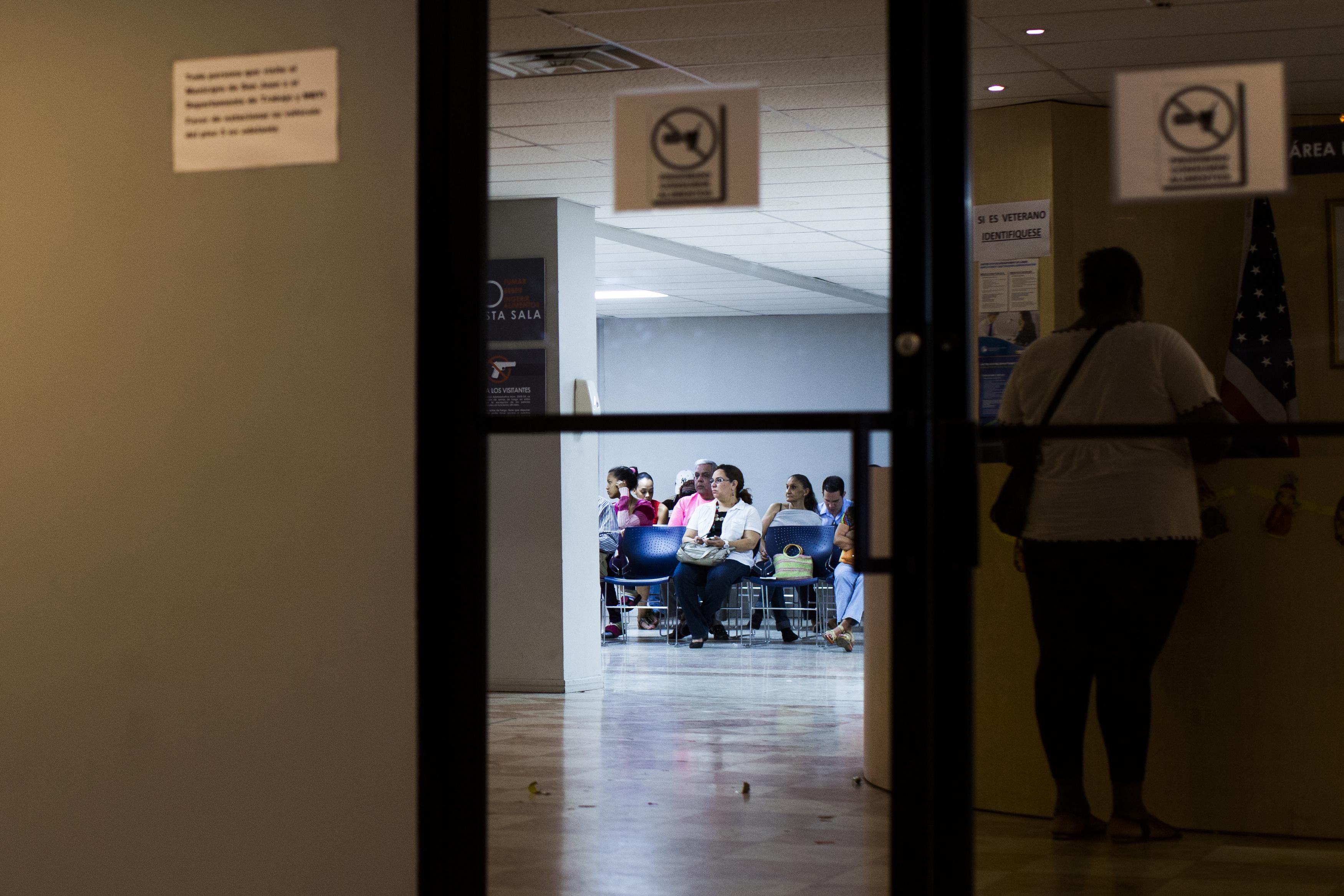Despite the bosses’ continued refusal to send me on a winter reporting trip to Puerto Rico, the economic and finance situation there continues to roll downhill as S&P downgrades Puerto Rico’s bonds to junk status.
The big problem for Puerto Rico right now is that it is experiencing a couple of different self-reinforcing trends.
One is on the bond side. If another agency downgrades Puerto Rico to junk status, then it’s going to need to make a bunch of payments to different kinds of bondholders. Some institutions are required to only hold “investment grade” bonds. So when your bonds reach a near-junk status, people demand some insurance to hold them. Puerto Rico was willing to offer that insurance, and now it may have to pay it. The fact that such payments are likely objectively worsens Puerto Rico’s fiscal situation and makes a downgrade more likely. Downward spiral.
The other is on the population/economy side. One reason for Puerto Rico’s current fiscal issues is that the territory’s population is falling, in part because the economy is bad and in part because Puerto Ricans can emigrate in unlimited numbers to the American mainland. To deal with the worsening debt situation, Puerto Rico’s government needs to start compensating government employees less generously, providing fewer public services, and collecting higher taxes to do it. Those are exactly the kind of initiatives that are likely to make people want to move away from Puerto Rico. Of course not everyone can or will move. But the people who are most likely to move—the bilingual, the educated, the super-motivated—are precisely the people who the island can least afford to lose from an economic point of view.
If this whole thing were going down in 1997, the obvious solution would be some kind of semi-bailout orchestrated by the federal government in exchange for structural changes in the U.S.-P.R. fiscal relationship. But it’s not 1997, it’s 2014 and there’s just no way a bailout is going to happen.
